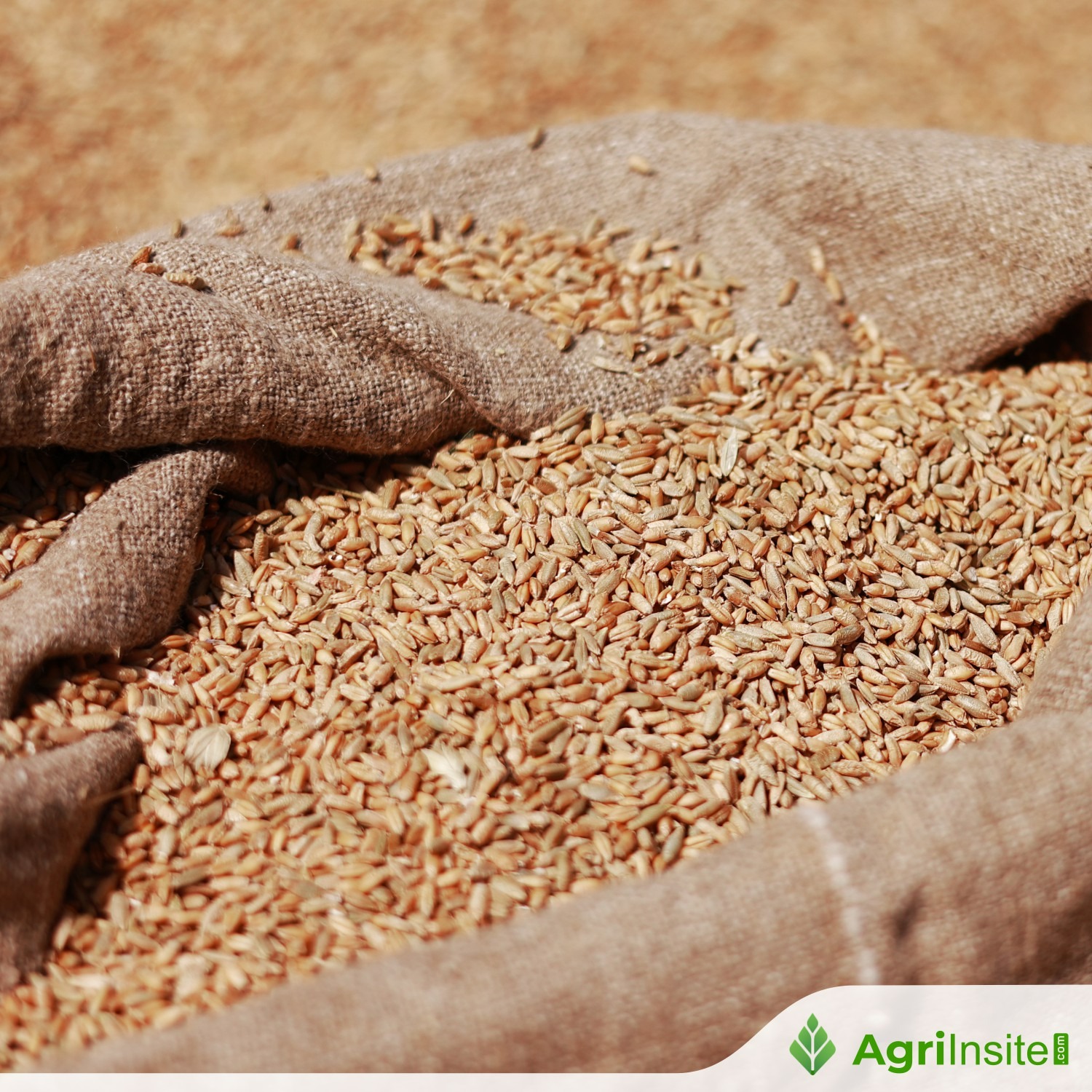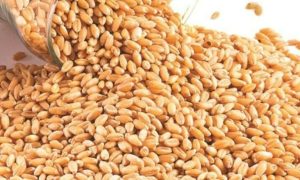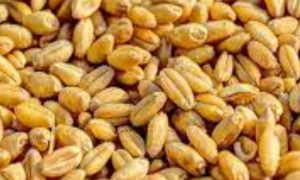Global Collaboration to Improve Wheat Adaptation

Australia and France have launched a joint research initiative, WheatACE, to boost wheat yields in a changing climate. Led by The University of Queensland, INRAE, and University Clermont Auvergne, the project will study traits like tillering and stay-green for drought resilience. The five-year collaboration includes PhD training and aims to improve yield prediction and develop climate-resilient wheat varieties.
A new joint research initiative is bringing together experts from Australia and France to enhance wheat yields amid a changing climate.
The International Associated Laboratory “Wheat Adaptation to Changing Environments” (WheatACE) unites researchers from The University of Queensland, France’s National Research Institute for Agriculture, Food and the Environment (INRAE), and the University Clermont Auvergne.
UQ Principal Investigator Associate Professor Karine Chenu said the collaboration aims to combine the strengths of each institution to support the production of high-quality grain, according to a press release.
“Our French colleagues have been working for a long time on tillering, a pre-flowering trait where a wheat plant produces side shoots that can grow additional heads producing grains,” Chenu said. “This trait allows an increase in the number of stems, which is one of the key drivers for the grain number, which in turn is the main driver for yield – but mainly in good environments.
“That is where the Australian expertise comes in, because greater tillering and the resultant bigger canopy requires more water — an increasingly limited resource in major wheat-growing regions.
Chenu said that an increased number of stems typically results in carbohydrate reserves being diluted among the stems, yet those reserves can play a key role in maintaining yield under drought.
“In addition, our research also found that prolonging green leaf retention under drought is often associated with prolonging photosynthetic activity and increased yield — this is the stay-green trait.”
Chenu said WheatACE will draw on findings from both countries to deepen understanding of how key traits perform across diverse environments. The collaboration aims to improve yield prediction in genetic models, inform crop improvement strategies, and ultimately support the development of wheat varieties suited to future growing conditions.
“We also want to develop a high-throughput method for phenotyping stem reserves,” she said.
A five-year agreement was signed this month, which will see PhD candidates trained in both Australia and France.
Chenu said they want the PhDs to go between both labs and gain invaluable international experience.
“At UQ, we have several training centres such as the International Research Training Group and the ARC Training Centre in Predictive Breeding, which are great environments in which to learn,” Chenu said. “We also have state-of-the-art facilities to grow plants in future-like conditions with the new Plant Futures Facility.”
Chenu noted the agreement was broadening an existing relationship.
“We’re starting to already see some benefits from WheatACE, and we’ve been approached by an international breeding company interested in working with us on a PhD project.
“We’re starting to see results, and it’s only the start of this exciting project.”
For almost 30 years of expertise in the agri markets, UkrAgroConsult has accumulated an extensive database, which became the basis of the platform AgriSupp.
It is a multi-functional online platform with market intelligence for grains and oilseeds that enables to get access to daily operational information on the Black Sea & Danube markets, analytical reports, historical data.
To Read more about Rice News continue reading Agriinsite.com
Source : Ukr Agro Consult

















